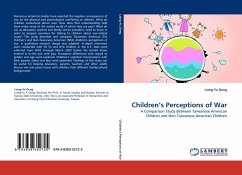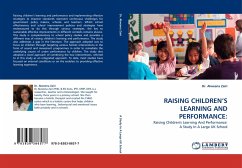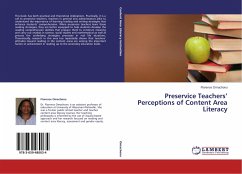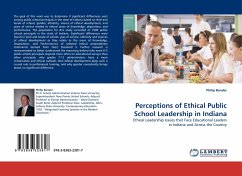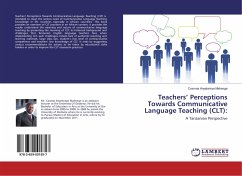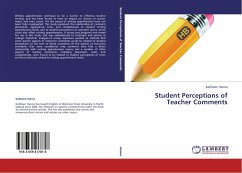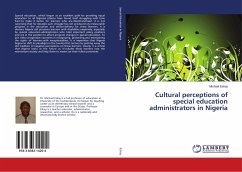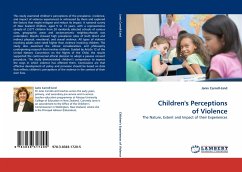Numerous empirical studies have reported the negative consequences of war on the physical and psychological well-being of children. What do children understand about war? How does that understanding help them make sense of the violent world of which they are part? What do we, as educators, parents and family service providers, need to know in order to prepare ourselves for talking to children about war-related issues? This study describes and compares Taiwanese American (TA) children s and Non-Taiwanese American (NTA) children s perceptions of war. A qualitative research design was adopted. In-depth interviews were conducted with 50 TA and NTA children in the U.S. Data were collected from 2002 through March 2003 before the United States entered in to the war with Iraq. Perception differences with regard to gender and age were explored. Children s reported conversations with their parents about war also were examined. Findings of this study can be useful for helping educators, parents, teachers and other adults discuss war and peace issues with children from different family/cultural backgrounds.
Bitte wählen Sie Ihr Anliegen aus.
Rechnungen
Retourenschein anfordern
Bestellstatus
Storno

